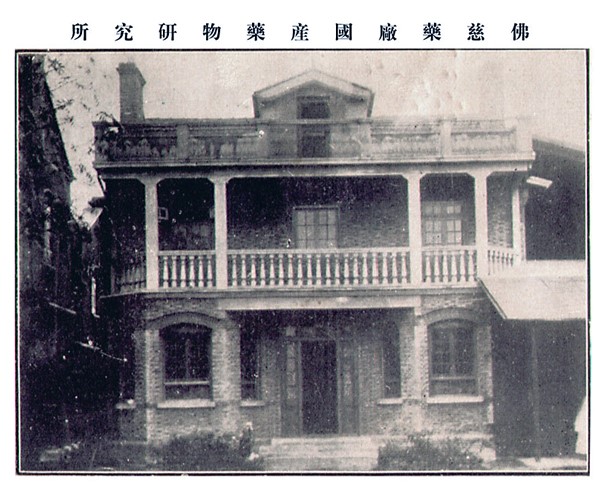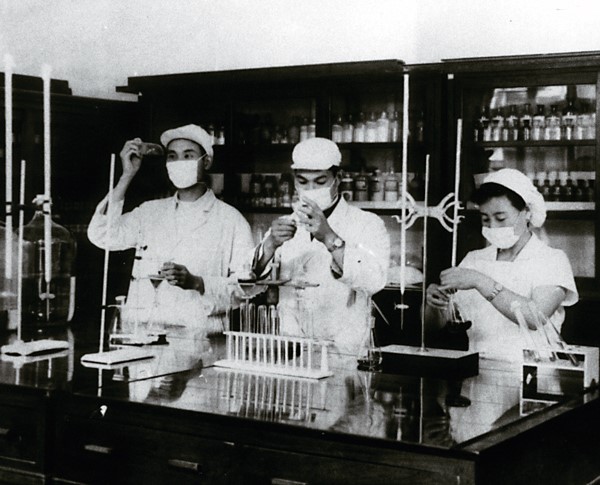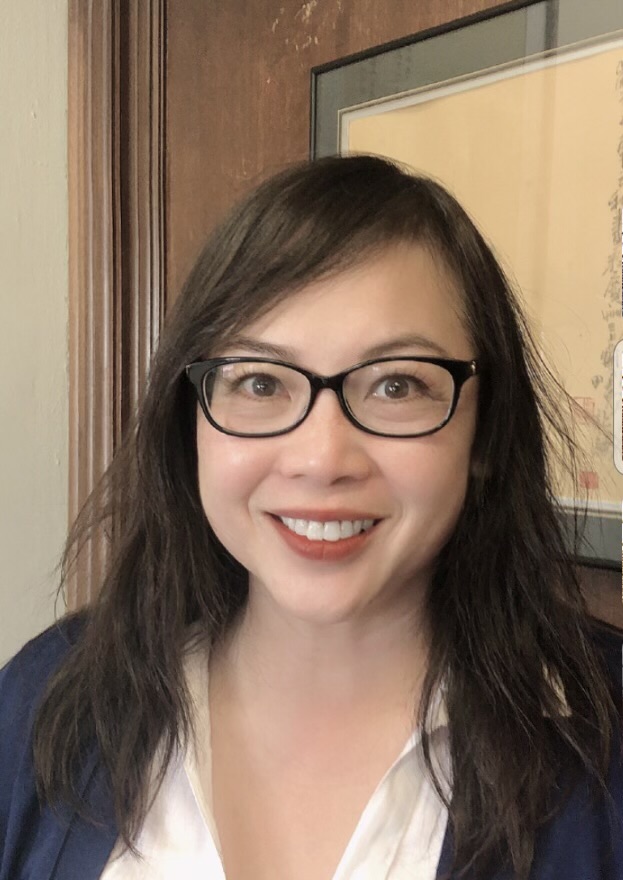Chinese Medicine Day is March 17th!

Here in the United States, we may often think of March 17th as a celebration of Irish heritage, but it's also a significant day in Chinese cultural history.
In February of 1929, the China Central Health Department held a conference in Nanjing, the capital of China at the time. Dr. Yu Yan, a physician who had studied western medicine in Japan and head of the Department, proposed that “old medicine” (meaning traditional Chinese medicine, as opposed to the new, western medicine) be abolished. All existing TCM practitioners would need to be registered and trained in western medicine to continue practicing at all. Medical care in China moving forward would be only western medicine using western drugs. At the time, not only was there no licensure, but most TCM practitioners were without formal schooling, usually learning lineage-based diagnosis, acupuncture techniques and herbal medicine through ancient texts and apprenticeships. Only a few technical or specialty programs for TCM existed in the entire country.
Understandably, this proposal caused an uproar among Chinese medicine practitioners, their patients, and the Chinese medicine industry, such as it was at the time. The abolishment of TCM would essentially deny affordable, primary medical treatment for literally millions of people (China already had a population of over 450 million in the 1920s). It would also discard and delegitimize a cultural treasure that was both a philosophy and a medical tradition that had been in continuous study and use for millennia.
A meeting was called in Shanghai on March 17th to discuss this shocking proposal. Hundreds of stakeholders and representatives from all over China gathered to find a way to protect this vital part of Chinese culture and health care, and a counterproposal was made: to preserve and modernize traditional Chinese medicine by officially including TCM schools in the educational system, creating provincial-level TCM Universities, and establishing a means for practitioner licensure.

After many months of lobbying, the counterproposal was adopted, and eventually March 17th was designated National Medicine Day (or Chinese Medicine Day as it's called here in the U.S.) to memorialize this victory. In 1956, four top level TCM Universities were established: the TCM Universities of Beijing in the North, of Guangzhou in the South, of Shanghai in the East, and of Chengdu in the West. Their Presidents were personally appointed by Premier Zhou Enlai, cementing the status and importance of TCM in China. TCM Practitioners became licensed, TCM departments in integrated hospitals were established, and standalone TCM hospitals were built.
Today, close to 90% of China’s 1.4 billion people use traditional Chinese medicine regularly, its value has been proven repeatedly through the decades by western science, and its practice thrives in many other parts of the world, including here in the U.S. Here at Mayway we’ve celebrated Chinese Medicine Day with the Community for over 30 years—by working on committees to organize annual academic conferences and public lectures on TCM, and sponsoring free diagnosis and medicine events at local venues.
(Archival photos courtesy of Lanzhou Foci, the original makers of extracted teapills which coincidentally was founded in 1929 by Yu Hui Guan, a devout Buddhist passionate about Traditional Chinese Medicine. He named his factory "Foci" meaning "Benevolent Buddha.")
 Yvonne Lau has been the President of Mayway Herbs since 1997 but has worked in the family Chinese herb business since childhood. She first visited China in 1982, and still travels there annually for business and pleasure. She has had the good fortune and honor to work with many people both in China and the US who are passionate about Chinese Medicine and about herb quality.
Yvonne Lau has been the President of Mayway Herbs since 1997 but has worked in the family Chinese herb business since childhood. She first visited China in 1982, and still travels there annually for business and pleasure. She has had the good fortune and honor to work with many people both in China and the US who are passionate about Chinese Medicine and about herb quality.
Yvonne has also been active as the Vice President of the Chinese Herb Trade Association of America since 1998, a trade group founded in 1984 representing over 300 Chinese herb importers, distributors, and retailers primarily in California. She chairs the Regulatory Compliance Committee for the Association, and in this role has lectured about Good Manufacturing Practices and best business practices, as well as organized and moderated meetings between regulatory agencies and the Association.

